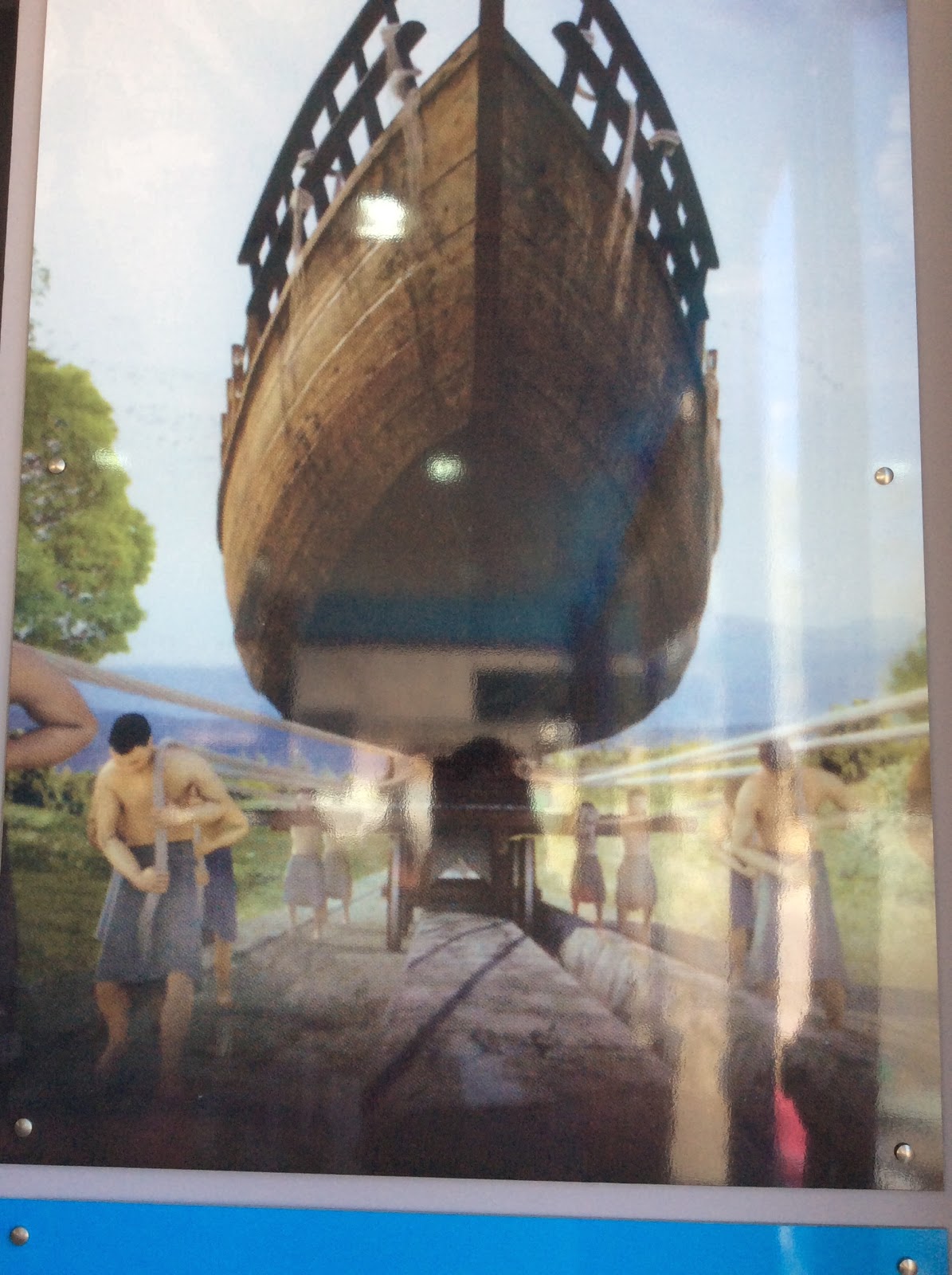Hello everyone!
The agenda for today was to make an out-and-back trip from Athens to the ancient city of Corinth. Ancient Corinth is about 1 mile from modern-day Corinth. Our original plan to journey around Athens today in Acts 17 was changed to tomorrow. So we begin with Acts 18 at Corinth.
After these things he (Paul) left Athens and went to Corinth. And he found a Jew named Aquila, a native of Pontus, having recently come from Italy with his wife Priscilla, because Claudius had commanded all the Jews to leave Rome. He came to them, and because he was of the same trade, he stayed with them and they were working, for by trade they were tent-makers. And he was reasoning in the synagogue every Sabbath and trying to persuade Jews and Greeks. (Acts 18:1-4 NASB)
After these things he (Paul) left Athens and went to Corinth. And he found a Jew named Aquila, a native of Pontus, having recently come from Italy with his wife Priscilla, because Claudius had commanded all the Jews to leave Rome. He came to them, and because he was of the same trade, he stayed with them and they were working, for by trade they were tent-makers. And he was reasoning in the synagogue every Sabbath and trying to persuade Jews and Greeks. (Acts 18:1-4 NASB)
This picture is of the narrow canal at Corinth today that connects the Ionian Sea (west) to the Aegean Sea (east). This canal project began in 1881 and was completed in 1893.
This is a picture of a photo in the cafe next to the canal of a cruise ship under tow going through the canal.
However, this canal did not exist during the time when Paul arrived in ancient Corinth. But, ships were transported from one sea to the other at Corinth. How did the Corinthians do it, you might ask? Well, this next picture illustrates how the ships were transported OVER the land from one sea to the other.
The ship to be transported was put on a trolley and manually pulled across the stretch of land to the other side. It took about a full day for the ship transport to happen. Therefore, a ship's crew could expect to come into the city of Corinth for a scheduled rest and relaxation along with an overnight stay while their ship was in the transportation process that could take a full day or two. As a result, ancient Corinth was a very vibrant port city in which the economic structure catered toward the sailor. Corinth was a sailor's city, designed for rest, relaxation, resupply, entertainment, and PLEASURE. Mixing all those elements with a culture steeped in the norm of cultic temple prostitution and an affluent economy, you get a better understanding of the context in which Paul speaks to the new Jesus followers who are struggling to live life with clarity for God. And the issues they struggle with also divides them in all sorts of areas, as evidenced throughout the 1st Corinthians letter.
I appeal to you, brothers and sisters, in the name of our Lord Jesus Christ, that all of you agree with one another in what you say and that there be no divisions among you, but that you be perfectly united in mind and thought. (1 Corinthians 1:10 NIV)
This is the Temple to Apollo at Corinth:
This is the market square:
We had our communion today, as well, at the site of Corinth:
Andy and Karen Drexler of Dunwoody UMC, Atlanta, GA:
 |
| Julius Cesar |
 |
| Emperor Nero |
 |
| Augustus Cesar |
We came back to Athens early in the afternoon and walked towards the Flea Market and city plaza for shopping and relaxation.
Eva giving us our final instructions and directions for the remainder of the day before turning us loose!
Judy Vogel and Jonathan Morris, later back at Athens at a sidewalk cafe for lunch.
I am at the Museum of the Parthenon, with the Parthenon under construction in the background, on top of the Acropolis (meaning, city on a hill) back in Athens. We will go up to the Acropolis of Athens tomorrow.
Ying
















No comments:
Post a Comment